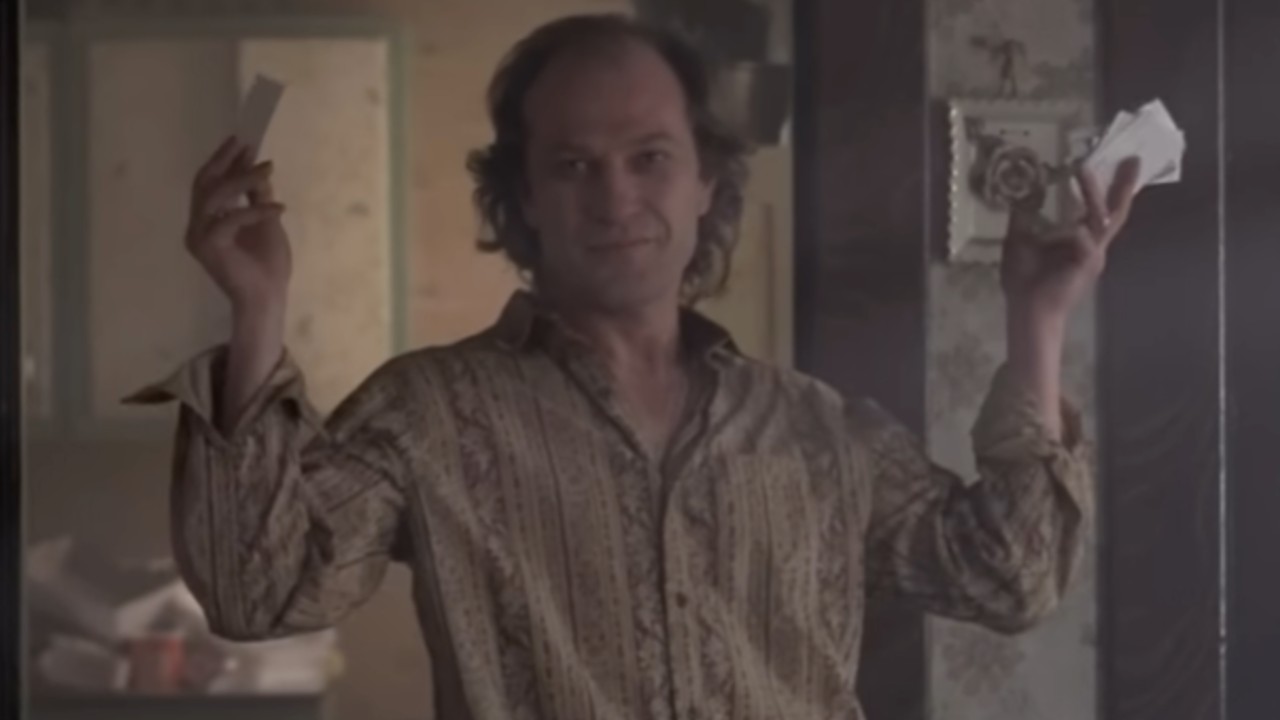I Can't Stop Thinking About How Thunderbolts* Depicted What Depression Can Feel Like
I'm surprised at how much I've thought about this movie.
Your Daily Blend of Entertainment News
You are now subscribed
Your newsletter sign-up was successful
SPOILERS are ahead for the latest of new Marvel movies, Thunderbolts*, now playing in theaters. I highly recommend going to see it before you read further.
How about them Thunderbolts*, huh? I’ll be honest here, when I sat down to see the latest of superhero romps from the MCU, I was mostly seated to see another great Florence Pugh performance that had critics raving, a fun action movie starring Marvel's charismatic underdogs, and find out officially what the asterisk meant. But I got a lot more than I bargained for. It not only reminded me why Marvel movies can be great, but also resonated with me in terms of its depictions of depression.
I’ve waited a couple of weeks since my early showing of Thunderbolts* to write this, mostly because I was curious how its depression plot line would ultimately sit with me over time, as someone who has dealt with anxiety and depression since I was a teenager. And after sharing some mental space with it, I can confirm that my positive takeaway still hasn't gone away, and I want to explore why I feel that way.
And as a quick disclaimer, I am very aware that everyone’s relationship with depression, is their own. I am only speaking to my own personal thoughts and opinions based on my lived experiences.
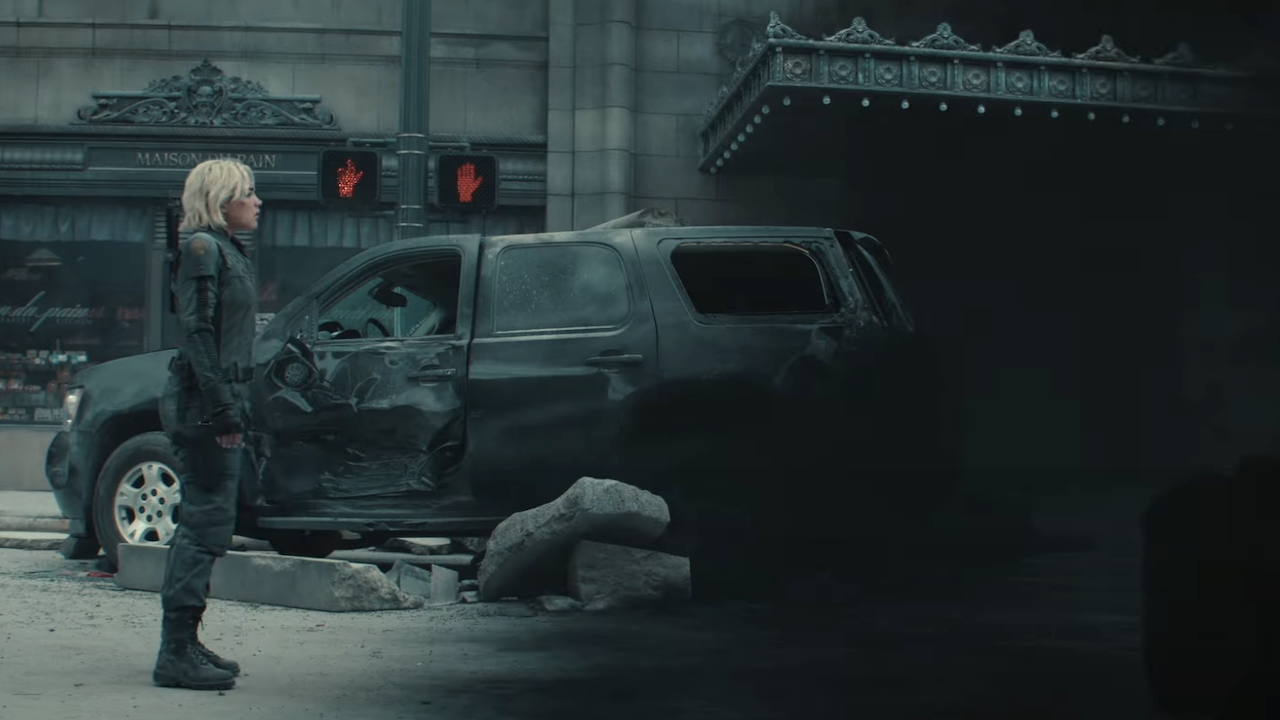
Ever Since I Watched Thunderbolts* There’s One Scene That I’ve Been Thinking About The Most
Thunderbolts* is not so secretly about depression, from the very first scene where Florence Pugh’s Yelena Belova jumps off the second tallest building in the world, and talks about her life getting monotonous and lonely to the final act when Lewis Pullman’s Sentry becomes a terrifying villain who sucks people into The Void to be stuck living out their most sad and regretful memories. But, the scene that I’ve had in my head since I watched Thunderbolts* is the moment we are brought to the center of Sentry’s Void, on the operating table of the Sentry project. When Bob comes face-to-face with his shadow-esque self, and begins to hit himself over and over in an effort to fight off the bad feelings.
When it comes to the third act of superhero movies, usually violence is the answer, but in the case of Thunderbolts* as Bob continues to punch his The Void self , things only get worse, and he begins to become all encompassed into it. What ultimately happens is Yelena Belova recognizes his depression (partially because of her own experience with it), and ventures into the Void to find him before coming over to help him face it. Then, all the Thunderbolts join him. As it turns out, Bob succumbing to the darkness only makes things worse, and not giving the Void energy is the best way to escape it.
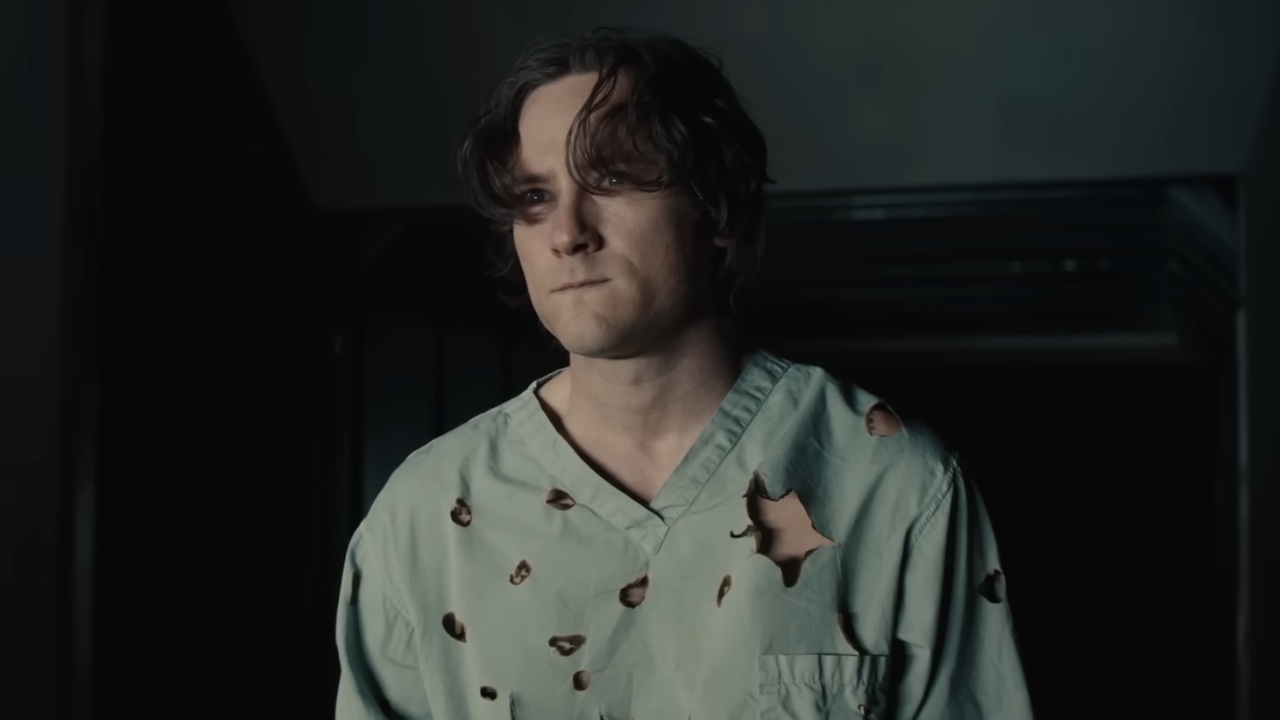
I’ve Had Anxiety And Depression For A Long Time, But The Void Helped Me Visualize It In A New Way
Since I’ve seen Thunderbolts*, I've been surprised to find that I’ve thought back to that scene when visualizing my daily navigation of my own mental health (which I personally manage through talk therapy, medication, exercise and journaling, and usually and thankfully only morphs into depression when my anxiety gets particularly overwhelming or a big life event occurs). When it has flared up, I've thought about Bob fighting his sinister/shadow-y version after hiding away in the darkest corners of my mind, and how surrounding myself with a kinder voice is more helpful than Bob's initial way of dealing with it.
Your Daily Blend of Entertainment News
Those feelings start to subside when I stop treating myself as an adversary and I find empathy for myself instead – just like Yelena did for Bob at the end of Thunderbolts*. And admittedly, sometimes it takes another person outside of myself, to remind me to stop “fighting” myself, because that always makes it worse, but is easier said than done.
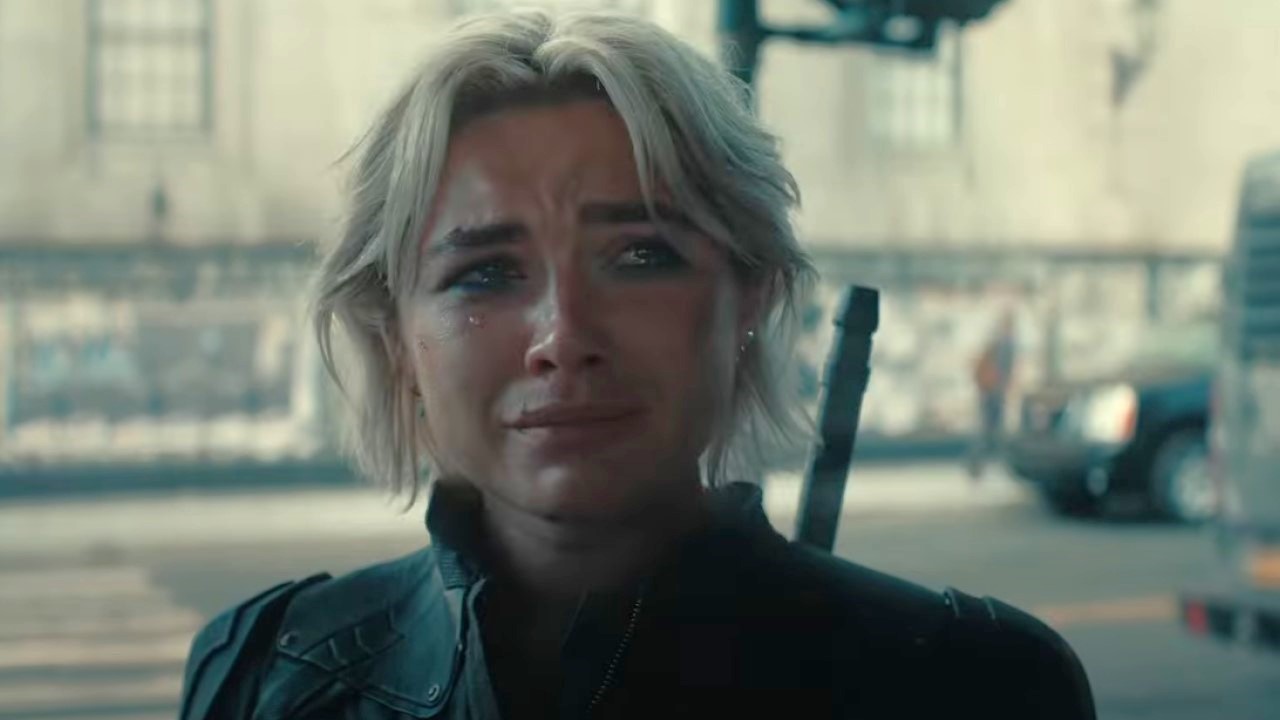
The ‘Shame’ Rooms Remind Me Of What It Feels Like To Be Caught In The Same Negative Thought
Additionally, I want to talk about what Yelena Belova called the “shame” rooms in The Void. Right before Yelena and the team find Bob, Yelena watches herself as a young girl betray her friend over and over, in what seems to be a really big traumatic event for her she becomes trapped in. The scene reminds me of what it feels like to replay a negative memory or thought over and over in a bout of anxiety and/or depression.
When that happens it can feel as torturous as Yelena felt during that scene. Overall, I. found the whole third act of this movie to be clever, because it offered all the stakes of the ending of a Marvel movie I’ve seen before, but with a pretty accurate visualization of what mental health struggles can feel like. I think it's also worth pointing out how Yelena's own struggles with depression in her own life, allows her to see what's going on with Bob, and help him deal with it. I find the people who have the tools to recognize depression (whether that be a therapist, partner, family member or a friend), can better offer the support to pull someone out of a bad place if they understand what's going on with them.
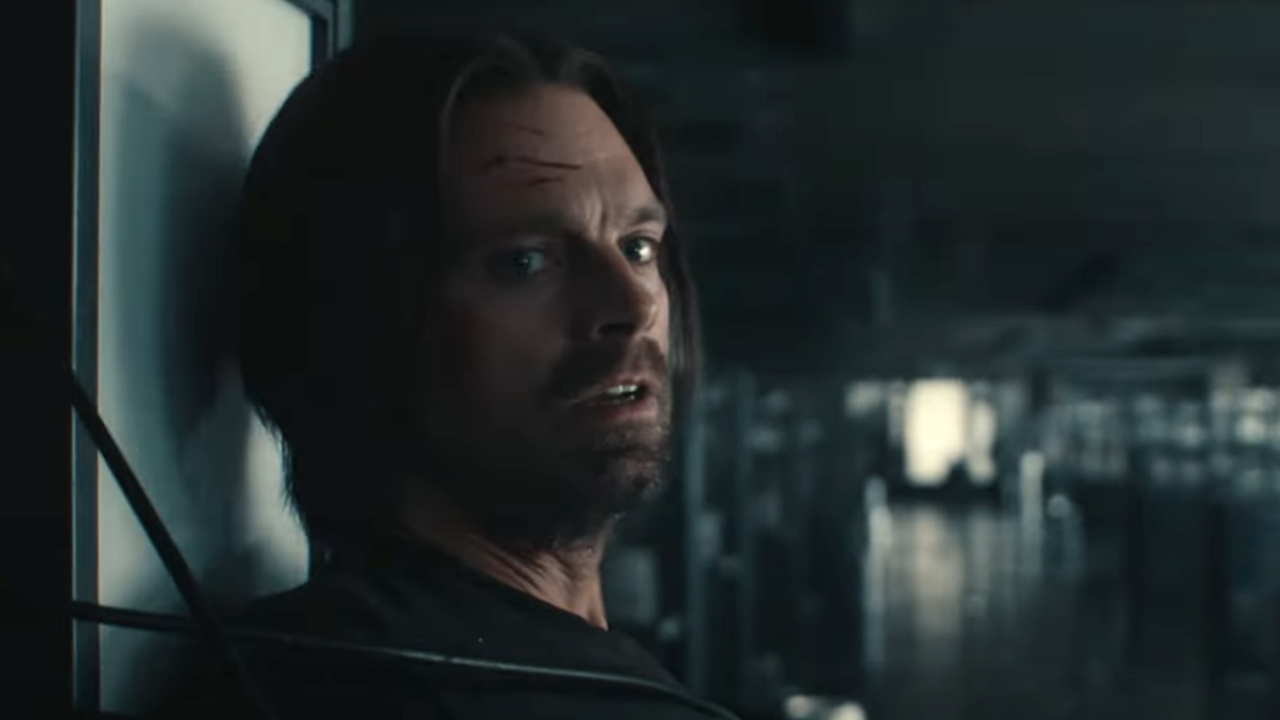
Yes, Thunderbolts* Could Have Gone Deeper With The Topic. I Am Happy It Didn’t
All and all, I’m very much impressed with how the Thunderbolts* movie depicted depression, especially considering it’s big-budget movie with a runtime of around two hours, that also sets up The New Avengers! It also managed to be No. 1 at the box office in its opening weekend and took away my Marvel fatigue for now. I’m not going to say it delves into all the complexities of anxiety and depression, but definitely nails what it feels like for me on a base level. As I think about the movie more, sure, I do think there could have been a bit more exploration into the subject, but, I honestly wouldn’t have wanted a movie to delve so much into that it’s a bummer, and strays away from its main goal in this context to entertain and be a big popcorn movie, too. It found a way to be both, somehow.
I also love how the post-credit scene didn’t depict Bob all healed up and sunny after he escaped The Void. We leave the character sitting down with some fast food and celebrating the small win of doing the dishes this week. Sometimes the smallest wins are the sweetest.
I’m curious how the MCU will continue to deal with Sentry in the future, but wow, am I happy such a massive movie chose to handle the experience of depression in a creative and resonant way to my own life.
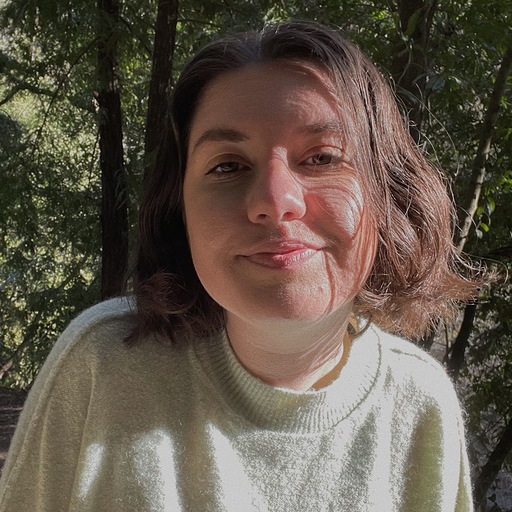
Sarah El-Mahmoud has been with CinemaBlend since 2018 after graduating from Cal State Fullerton with a degree in Journalism. In college, she was the Managing Editor of the award-winning college paper, The Daily Titan, where she specialized in writing/editing long-form features, profiles and arts & entertainment coverage, including her first run-in with movie reporting, with a phone interview with Guillermo del Toro for Best Picture winner, The Shape of Water. Now she's into covering YA television and movies, and plenty of horror. Word webslinger. All her writing should be read in Sarah Connor’s Terminator 2 voice over.
You must confirm your public display name before commenting
Please logout and then login again, you will then be prompted to enter your display name.
